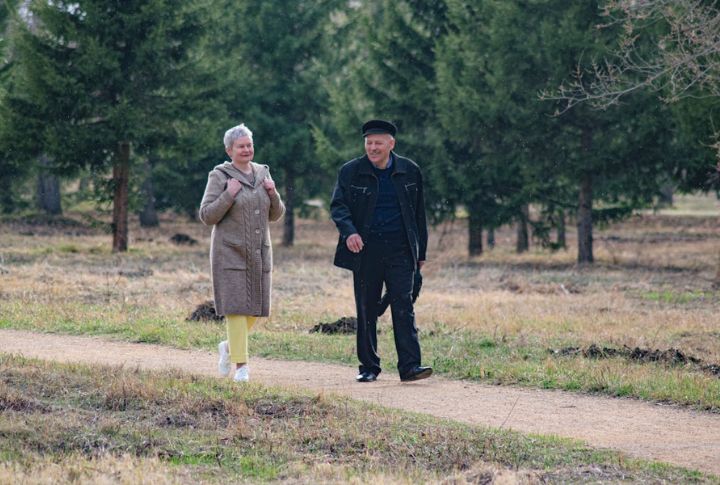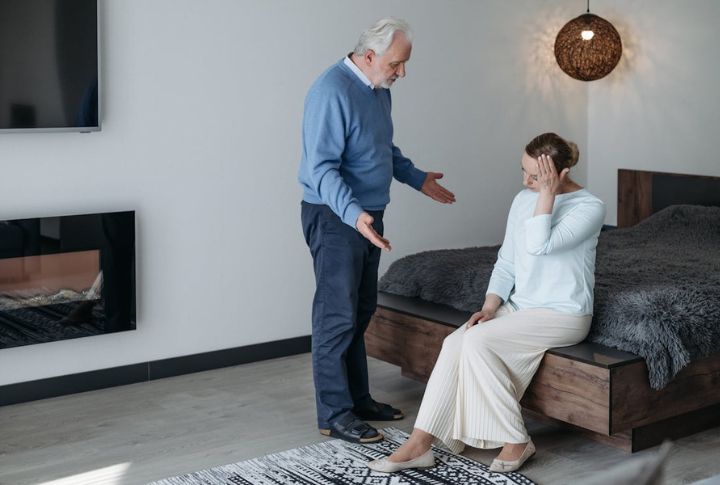Lifestyle
10 Reasons Why Older Couples Are Skipping The Rings And Still Saying Yes To Love

Marriage used to be the grand finale. Now? It’s just one option on the relationship menu, especially for older adults. Across the U.S., older couples are changing the terms of commitment by embracing affection, laughter, and long-term partnership without saying “I do.” Want to know why? Each reason on this list tells a bigger story about modern aging and independence.
Keeping Their Social Security Benefits Intact

Remarrying after 60 can impact Social Security survivor benefits. Especially, if you’re receiving payments based on a late spouse’s record, tying the knot again could reduce or stop those checks. Federal law links eligibility to marital status, so while love may return, your benefits might not.
Prioritizing Freedom Over Formality

At this stage in life, freedom is a real luxury, and seniors understand that. So, many older couples value the ability to shape their days without shared obligations or expectations tied to legal marriage. Love still thrives on the bond, not the bind.
Avoiding Medical Debt

Getting married could cost you—literally. A spouse’s unpaid hospital bills or long-term care expenses can become your financial responsibility. In states like New York and California, such spousal liability laws apply. So, that romantic dinner might come with an unexpected dose of debt.
Skipping The Hassle Of Legal Entanglements

Divorce at 70? No thanks. When romance fades late in life, married partners must still untangle finances and pensions. Unmarried pairs? They part ways without the courtroom drama. So, fewer official ties mean less stress and no legal arguments over who keeps the dog.
Protecting Relationships With Adult Children

Families have long memories, and adult children may worry about inheritance or feel displaced by a stepparent. Staying unmarried can help maintain harmony and prevent old tensions from resurfacing. As some say, Marriage often comes with a side of family conflict. So, why not avoid that?
Dodging The Estate Planning Headaches

Money complicates love like nothing else. Marriage can tangle property rights, disrupt carefully built trusts, and open estates to legal disputes. Seniors often choose cohabitation to keep estate plans airtight. Lawyers call it asset protection. Couples call it peace of mind. That’s a win-win scenario.
Protecting Hard-Earned Retirement Assets

Savings accounts don’t have hearts. Many seniors have retirement portfolios decades in the making, and marriage could legally entitle a spouse to currency saved before the relationship even began. Skipping the ceremony keeps things simple and safe, especially when financial independence still matters to both.
Living Apart Is More Preferable

When some people reach a certain age, they don’t like living under the same roof. So, this “Living Apart Together” (LAT) trend allows emotional closeness while preserving routines and privacy. It’s growing fast in the U.S., particularly among widowed or divorced individuals who want love and not a lease.
Securing Medicare Benefits

Marriage can affect Medicaid eligibility since spousal income counts toward financial aid, potentially leading to disqualification. Plus, Medicare Part B premiums may also rise. To sidestep these issues, many couples decide to live together instead. Yes, today, healthcare costs can be the biggest barrier to commitment.
Embracing Companionship Without Religious Or Cultural Pressure

Dogma doesn’t dictate modern relationships, and cultural or religious pressures to remarry often fade with age. Seniors now shape relationships on their own terms, without seeking clergy or legal validation. Beliefs aside, they build connections rooted in personal fulfillment.

